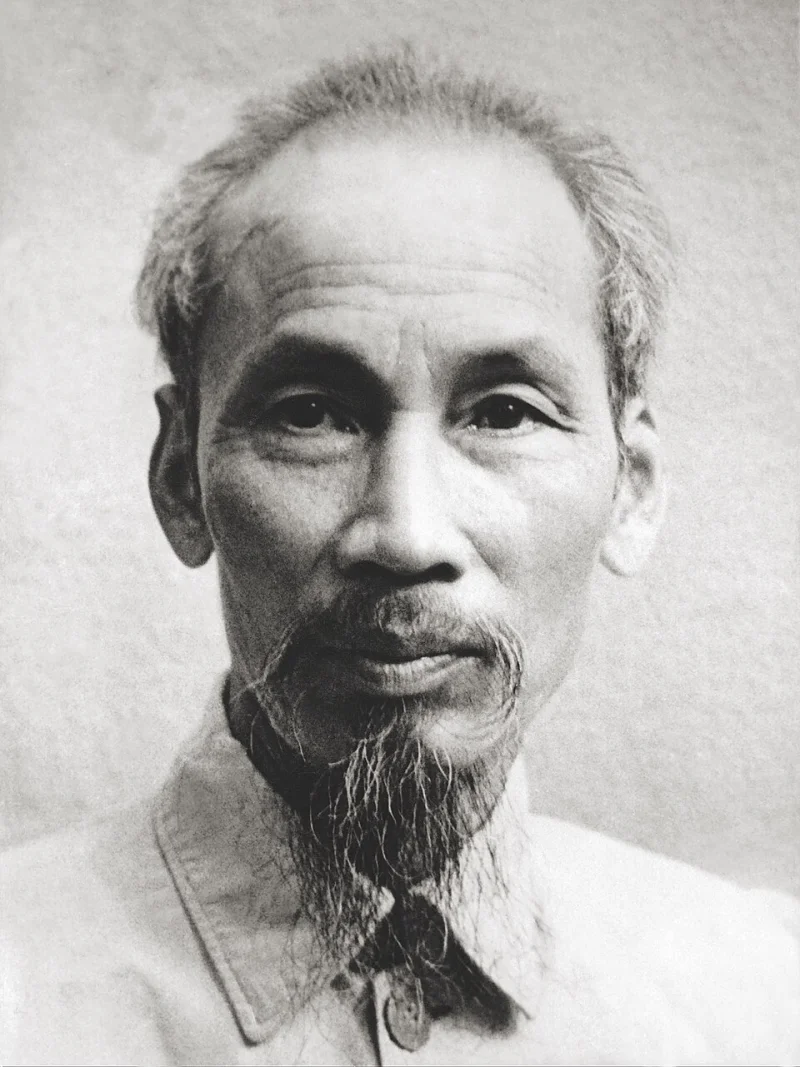Short Summary
Abraham Lincoln, the 16th President of the United States, is best remembered for leading the nation through the Civil War and working to end slavery. His presidency preserved the Union and paved the way for the abolition of slavery with the Emancipation Proclamation and the passage of the 13th Amendment. Assassinated in 1865, Lincoln is celebrated for his leadership, his dedication to equality, and his eloquence in speeches such as the Gettysburg Address.
Early Life & Education
Born on February 12, 1809, in a log cabin in Hardin County, Kentucky, Abraham Lincoln was the second child of Thomas and Nancy Hanks Lincoln. His family moved to Indiana and later Illinois, struggling with poverty. Lincoln had limited formal education, attending school sporadically but was an avid reader who educated himself. Influenced by frontier life and his family's values, he developed a strong sense of justice and a deep appreciation for self-improvement. His early exposure to manual labor and self-education laid the foundation for his later political career.
Career Highlights
Abraham Lincoln began his political career in the Illinois State Legislature and served as a member of the U.S. House of Representatives. Known for his opposition to the expansion of slavery, he gained national prominence during the Lincoln-Douglas debates. Elected as the 16th President in 1860, he faced the secession of Southern states and the Civil War. Throughout his presidency, he took decisive actions to preserve the Union, including issuing the Emancipation Proclamation. His leadership during the war and dedication to equality and democracy solidified his place as one of America's most influential presidents.
Major Achievements
- Preserved the Union during the American Civil War by leading the Northern states to victory.
- Issued the Emancipation Proclamation in 1863, which declared the freedom of slaves in Confederate states.
- Delivered the Gettysburg Address, redefining the purpose of the war and American democracy.
- Promoted the passage of the 13th Amendment, which abolished slavery in the United States.
Famous Quotes
- "Government of the people, by the people, for the people, shall not perish from the Earth."
- "Those who deny freedom to others deserve it not for themselves."
- "I am a slow walker, but I never walk back."
Interesting Facts
- Lincoln was the first U.S. president to be born outside the original thirteen states.
- He was a licensed bartender and co-owned a tavern in Springfield, Illinois.
- Lincoln was the tallest U.S. president, standing at 6 feet 4 inches.
- He established the U.S. Department of Agriculture and the National Banking System.
- Lincoln was a skilled wrestler and was inducted into the National Wrestling Hall of Fame.
Legacy / Influence
Abraham Lincoln's legacy endures as a symbol of freedom and equality. His leadership during the Civil War and his efforts to end slavery have left an indelible mark on American history. He is celebrated as a champion of democracy and human rights, inspiring future generations to strive for justice and equality. His speeches and writings continue to influence political thought and discourse worldwide.
FAQ
Q: Why is Abraham Lincoln famous?
A: He is famous for leading the United States through the Civil War and working to end slavery.
Q: What was the Emancipation Proclamation?
A: It was an executive order issued by Lincoln in 1863 that declared the freedom of slaves in Confederate states.
Q: How did Lincoln die?
A: He was assassinated by John Wilkes Booth on April 14, 1865, at Ford's Theatre in Washington, D.C.
Q: What is the Gettysburg Address?
A: It is a speech delivered by Lincoln in 1863 at the dedication of the Soldiers' National Cemetery in Gettysburg, Pennsylvania, emphasizing national unity and equality.









